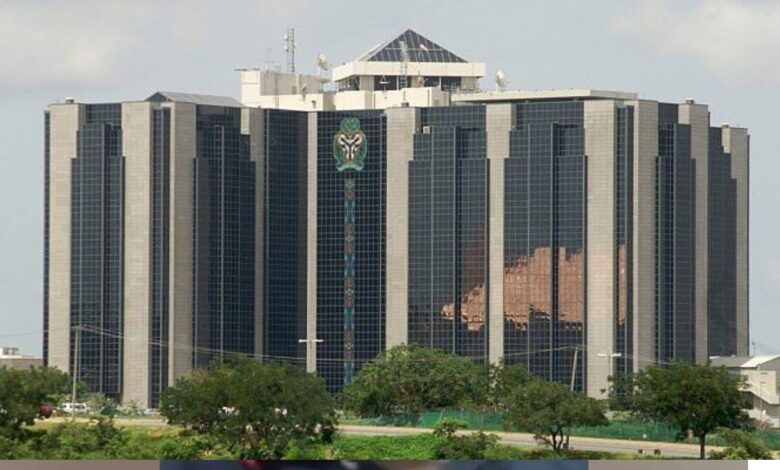How CBN’s New Policies Affect the Naira and the Nigerian Economy

The Central Bank of Nigeria (CBN) has recently implemented some policy changes to improve the transparency and stability of the Naira in the foreign exchange market. These changes have sparked mixed reactions from different stakeholders in the Nigerian economy.
The CBN’s new policies are similar to the Naira liberalization that it announced on June 14 last year. The CBN instructed commercial banks to price and trade the Naira based on the “willing buyer and willing seller” principle.
The CBN also introduced several measures to enhance the financial market price transparency and harmonize the reporting requirements on foreign currency exposure of banks. Additionally, the CBN removed the allowable limit of exchange rate quoted by international money transfer operators and reviewed the guidelines of international money transfers in Nigeria.
These policy interventions have had a significant impact on the value of the Naira in the official foreign exchange market. The Naira initially plunged to N1,500 per US dollar last Monday, but recovered to N1,419.86 on Monday this week. The Naira also depreciated from N891.90 per US dollar to N1,409.86 on January 26. The import exchange rate was revised upward by over 40 per cent to N1,356.883 per US dollar from N951.842.
The CBN governor, Olayemi Cardoso, explained in a recent interview with Arise Television that the CBN’s intervention aims to avoid the pitfalls of failed policies and ensure that the resources are used effectively and reach the right people. He also noted that the Naira is undervalued and needs to gain its true value.
The CBN’s policies have also affected the supply and demand of US dollars in the foreign exchange market. The supply of US dollars surged to 180.59 per cent to $440.13 million last Friday as commercial banks rushed to avoid the CBN’s regulatory sanction. The Naira has appreciated against the Dollar, though marginally, three times since Monday last week.
However, not everyone is happy with the CBN’s policies. The Director of the Centre for the Promotion of Private Enterprise, Muda Yusuf, called for the CBN and Nigeria Customs Service to reverse the import duty exchange rate, saying the move will further impoverish more Nigerians due to the country’s reliance on imported goods. Mazi Okechukwu Unegbu, a former president of the Chartered Institute of Bankers of Nigeria, supported the CBN’s interventions, but cautioned that Nigerians have to bear the consequences of consuming goods and services mainly made in Nigeria.
The CBN’s policies have triggered a debate on the best way to manage the Naira and the Nigerian economy. The CBN hopes that its policies will boost the confidence and competitiveness of the Naira in the foreign exchange market. However, the policies also pose some challenges and risks for the Nigerian consumers, businesses, and policymakers.




